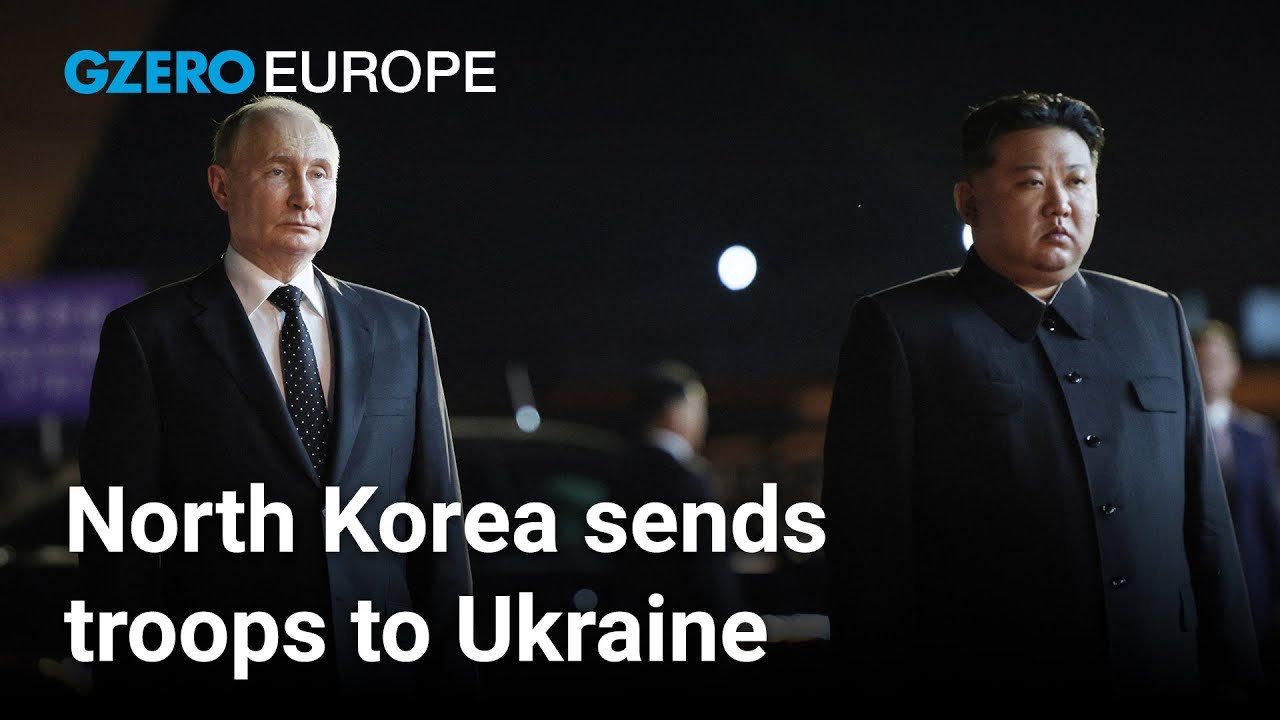October 28, 2024
Carl Bildt, former prime minister of Sweden and co-chair of the European Council on Foreign Relations, shares his perspective on European politics from Stockholm, Sweden.
What are the global consequences of North Korean soldiers now appearing on the frontlines in Ukraine?
Well, I think first, it's a reflection of the fact that Russia President Putin, does have difficulties getting the manpower to man the front lines. He has difficulty recruiting in Russia itself. He's dependent upon soldiers, and evidently, he's now dependent upon North Korea to supply the front lines. I mean, that's a sign of at least long-term weakness in terms of Russia. Then the question is, of course, what has he given in return to the sort of dictator in Pyongyang? In all probability, high-tech and different sorts of military equipment. And that, of course, has serious implications or potential serious implications for stability on the Korean Peninsula. So there are consequences on the frontlines in Russia and on the Korean Peninsula.
What’s the nature of the agreements that German Chancellor Scholz concluded during his recent visit to Delhi?
Well, apart from bilateral German-Indian things, he was putting an amount of pressure on the Indians to move forward on the negotiations ongoing for a free trade agreement between the European Union and India. That's been negotiations that have been going on for quite some time. It's been a valley of tears because of slightly different approaches from the European and the Indian side. But it's clearly very much in the mutual interest to have such an agreement concluded, particularly since we don't know what's going to happen in the US. And more choppy waters when it comes to global trade. So let's see if there is any progress coming out of the visit. It remains to be seen.
From Your Site Articles
- What We're Watching: US-EU gas deal, Putin's ruble ruse, China-India meeting ›
- North Korean troops in Ukraine? Really? ›
- North Korea keeps shipping, Russia keeps shooting ›
- How will South Korea respond to North Korean troops in Russia? ›
- What Russia and North Korea gain from defense treaty - GZERO Media ›
More For You
As expected, the Supreme Court struck down the bulk of Donald Trump's sweeping “Liberation Day” tariffs as illegal … and almost nothing changed.
Most Popular
What's Good Wednesdays
What’s Good Wednesdays™, February 25, 2026
Sponsored posts
Small businesses at a crossroads
Chris, an Army veteran, started his Walmart journey over 25 years ago as an hourly associate. Today, he manages a Distribution Center and serves as a mentor, helping others navigate their own paths to success. At Walmart, associates have the opportunity to take advantage of the pathways, perks, and pay that come with the job — with or without a college degree. In fact, more than 75% of Walmart management started as hourly associates. Learn more about how over 130,000 associates were promoted into roles of greater responsibility and higher pay in FY25.
Ukraine's President Volodymyr Zelenskiy, Finland's President Alexander Stubb, Estonia’s Prime Minister, President of the European Commission Ursula von der Leyen and other European leaders visit memorial to fallen Ukrainian defenders at the Independent Square on the fourth anniversary of Russia's full-scale invasion, in Kyiv, Ukraine February 24, 2026.
Ukrainian Presidential Press Service/Handout via REUTERS
Somewhere in the Donbas region, Ukrainian soldier Artem Bondarenko says he hasn’t slept through the night in months as he defends Eastern Ukraine.
- YouTube
In the latest episode of Vladimir Putin and Xi Jinping's hit wellness podcast This Authoritarian Life, we learn how positive communication patterns can break negative cycles in our relationships -- especially our relationships with Iran, Syria, Venezuela, and Cuba. #PUPPETREGIME
© 2025 GZERO Media. All Rights Reserved | A Eurasia Group media company.
